Lilly & George begins where all our stories begin — with Mom and Dad. Their choices and experiences shape the way we see the world, just as their parents once shaped them. Yet despite the best intentions, why do we so often grow into the very people they warned us about?
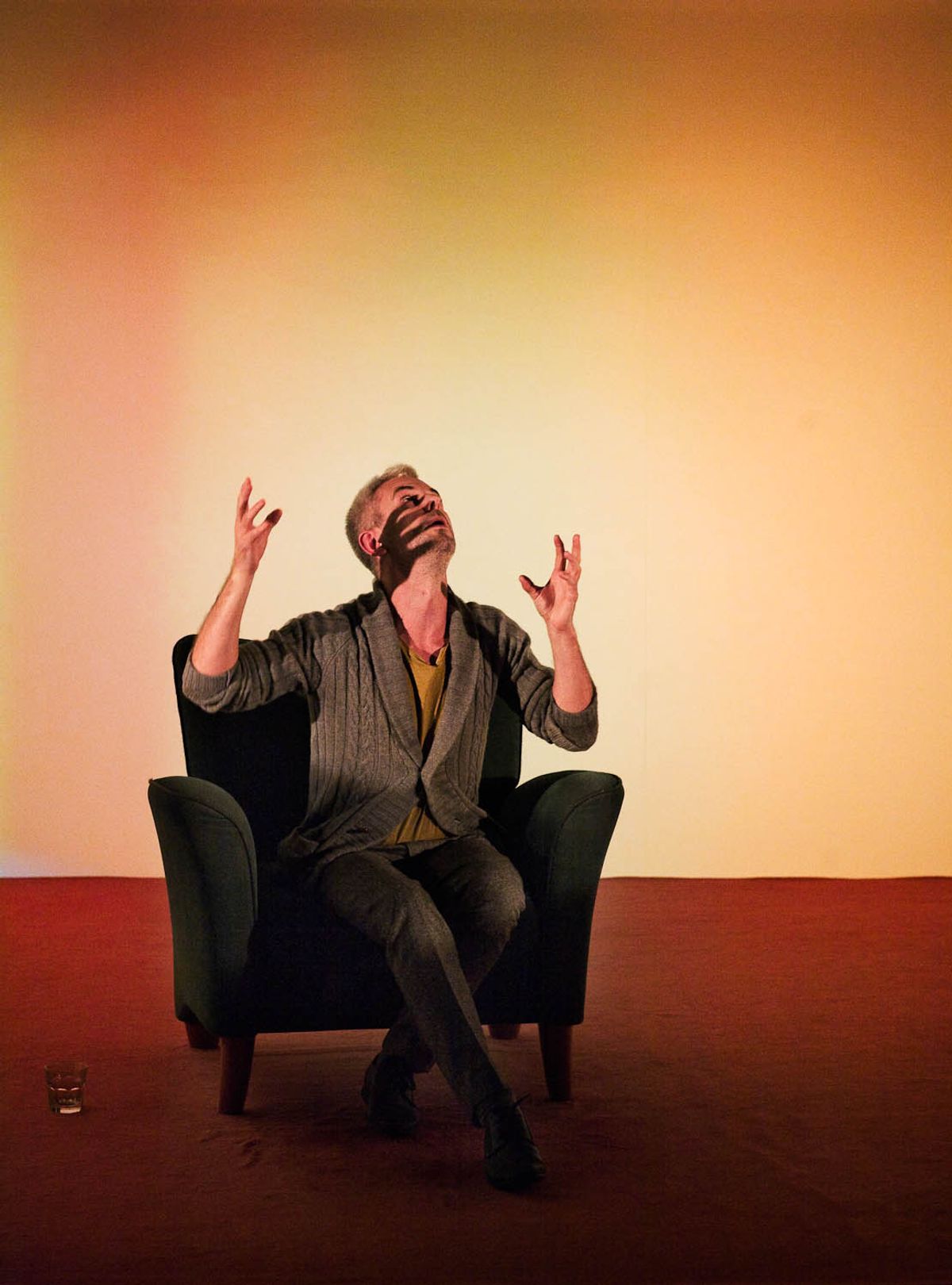
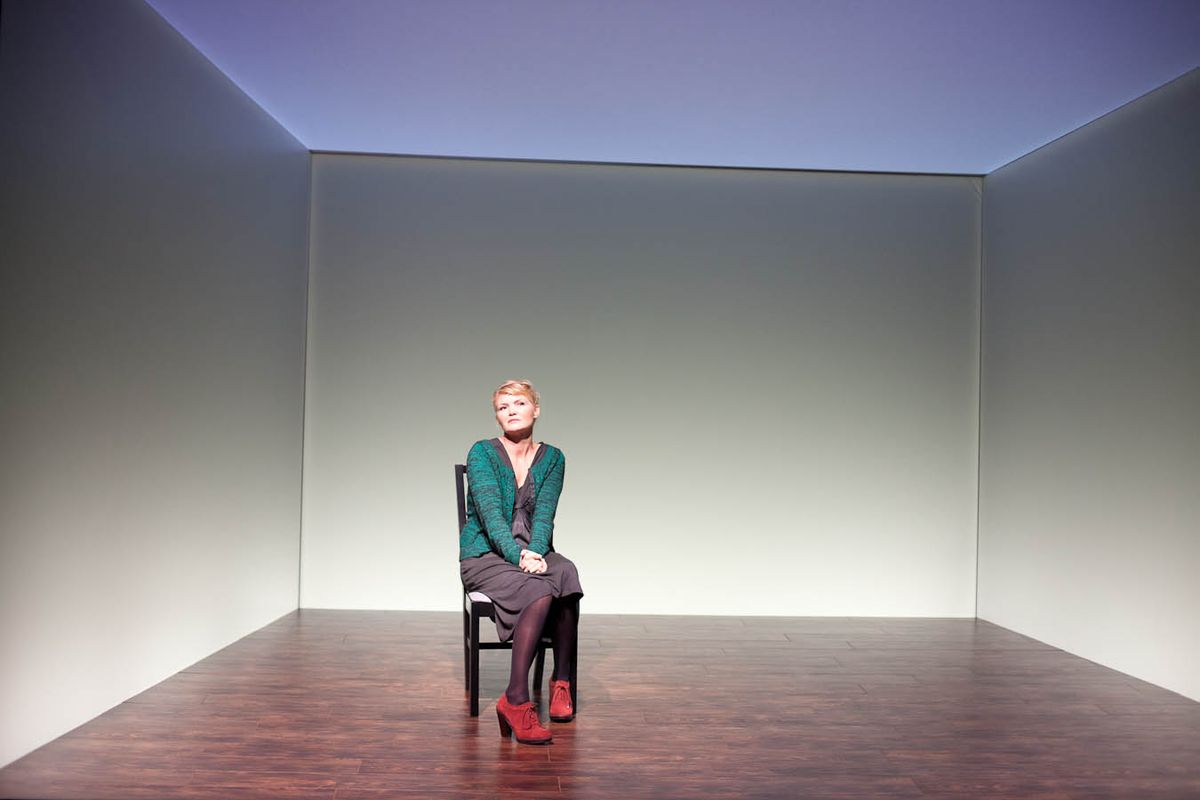
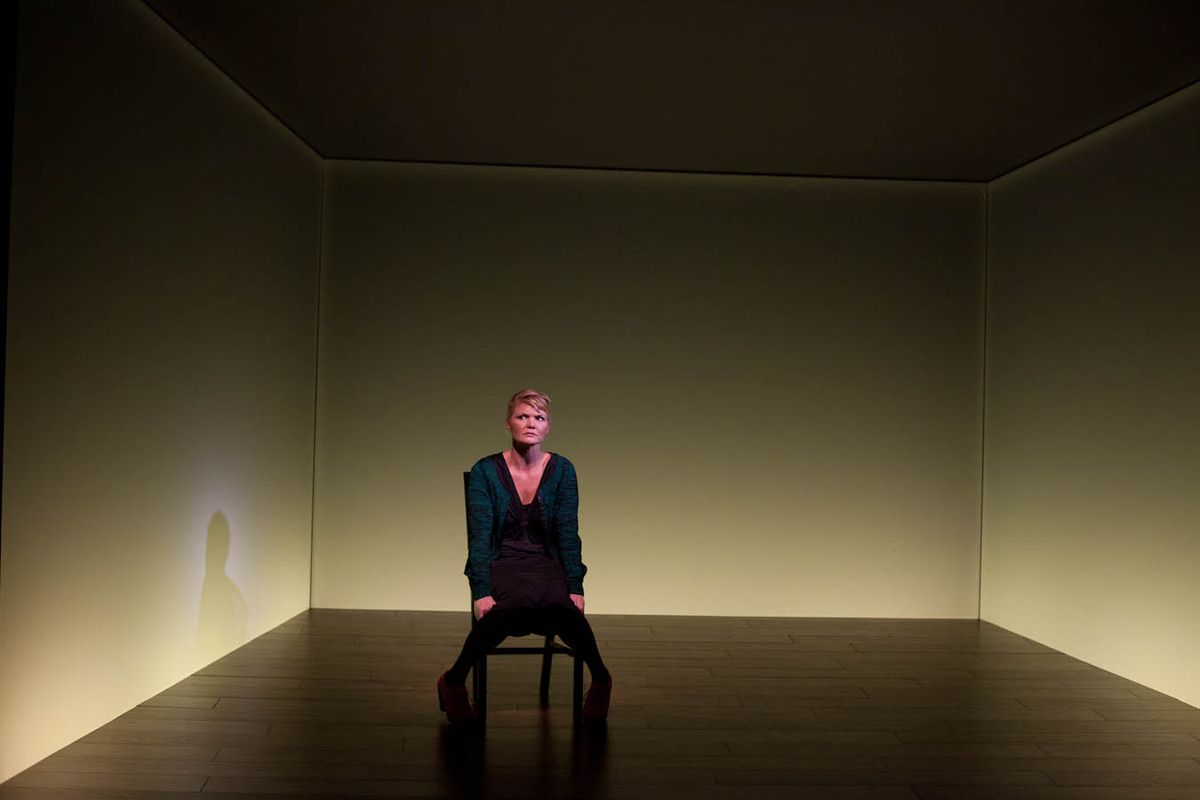
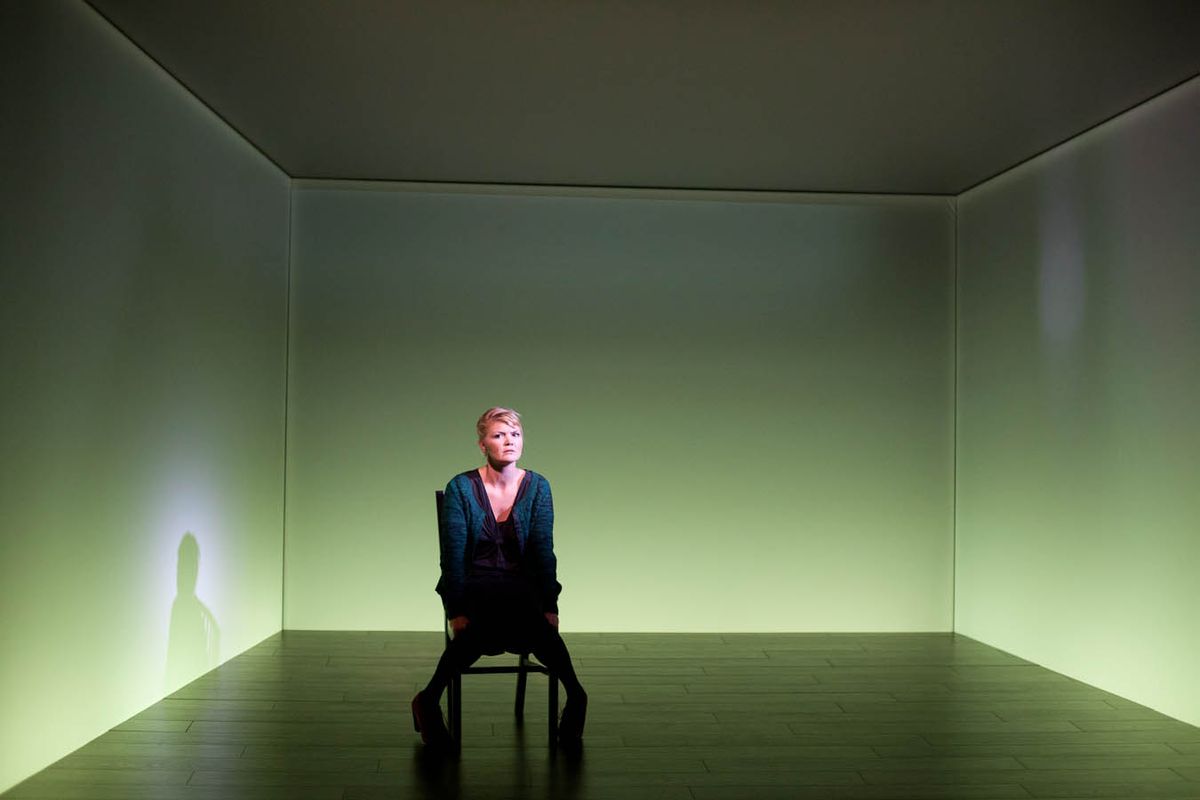
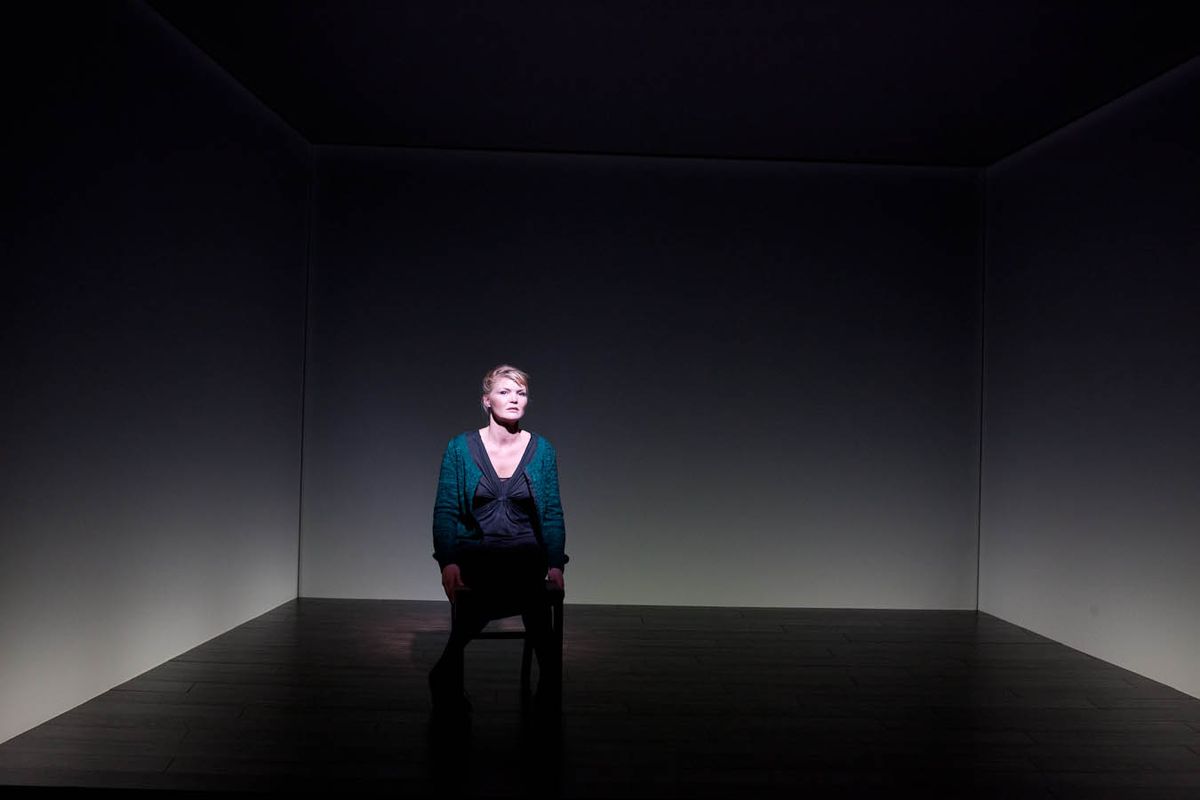
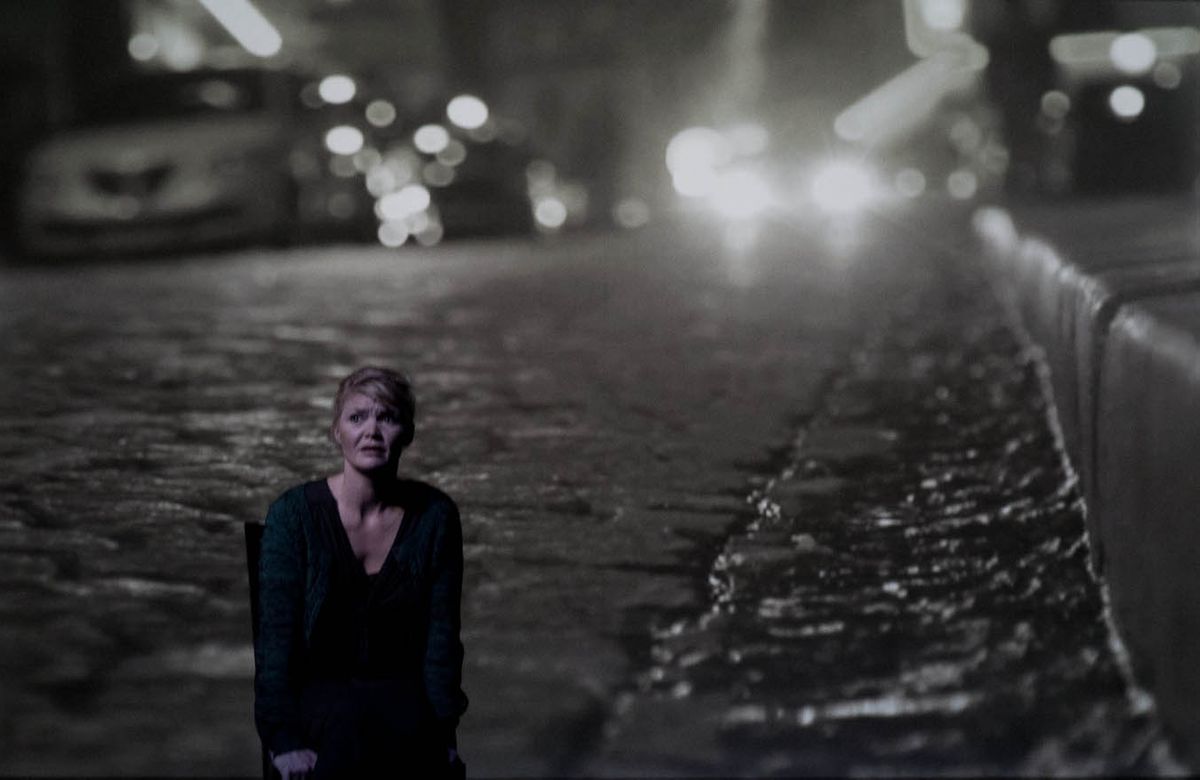
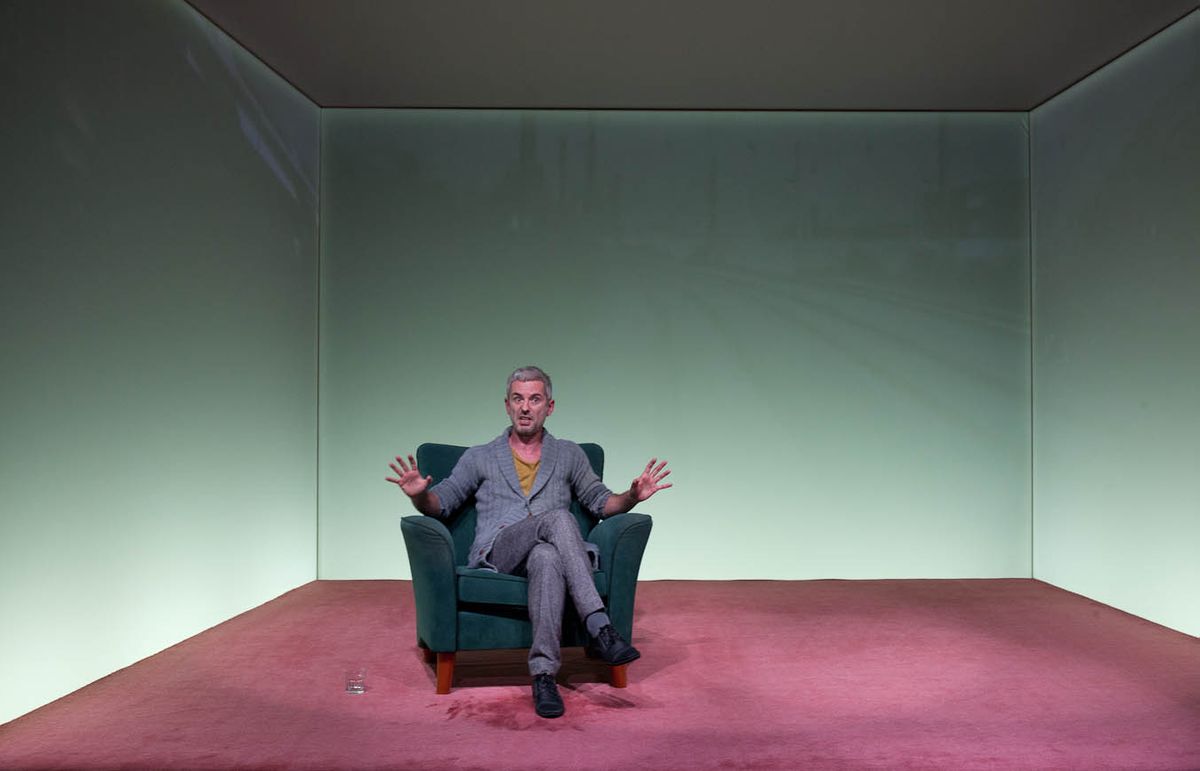
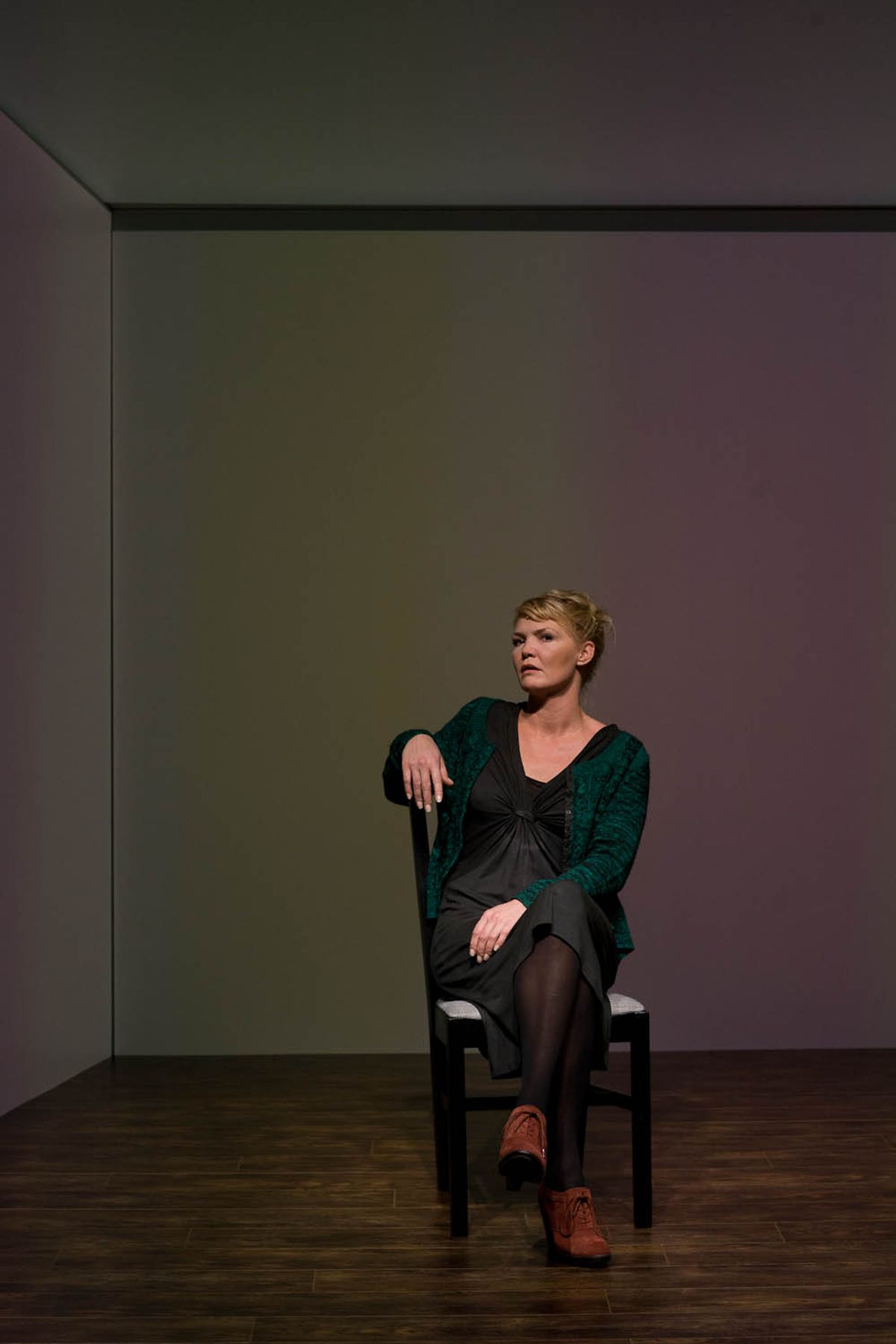
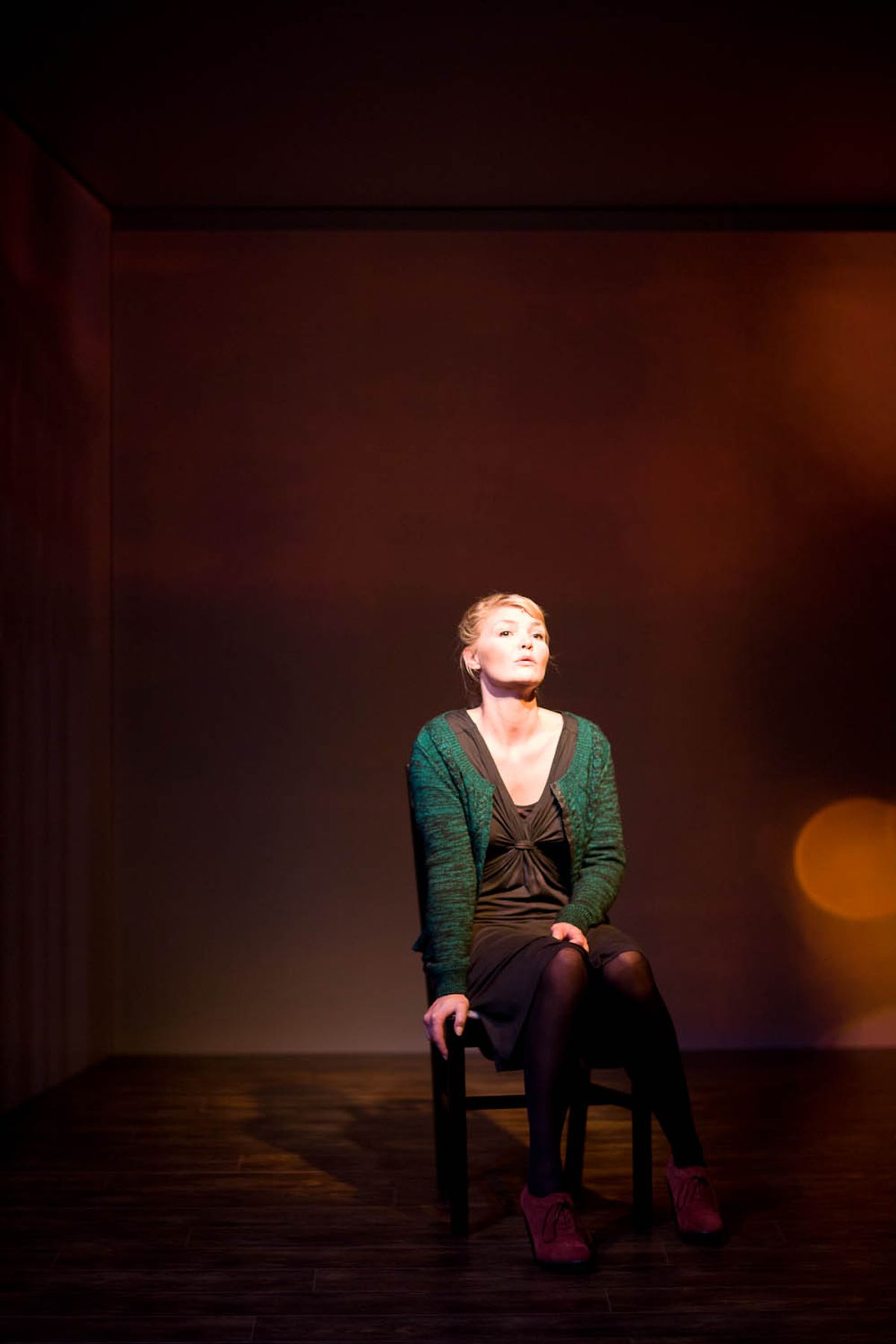
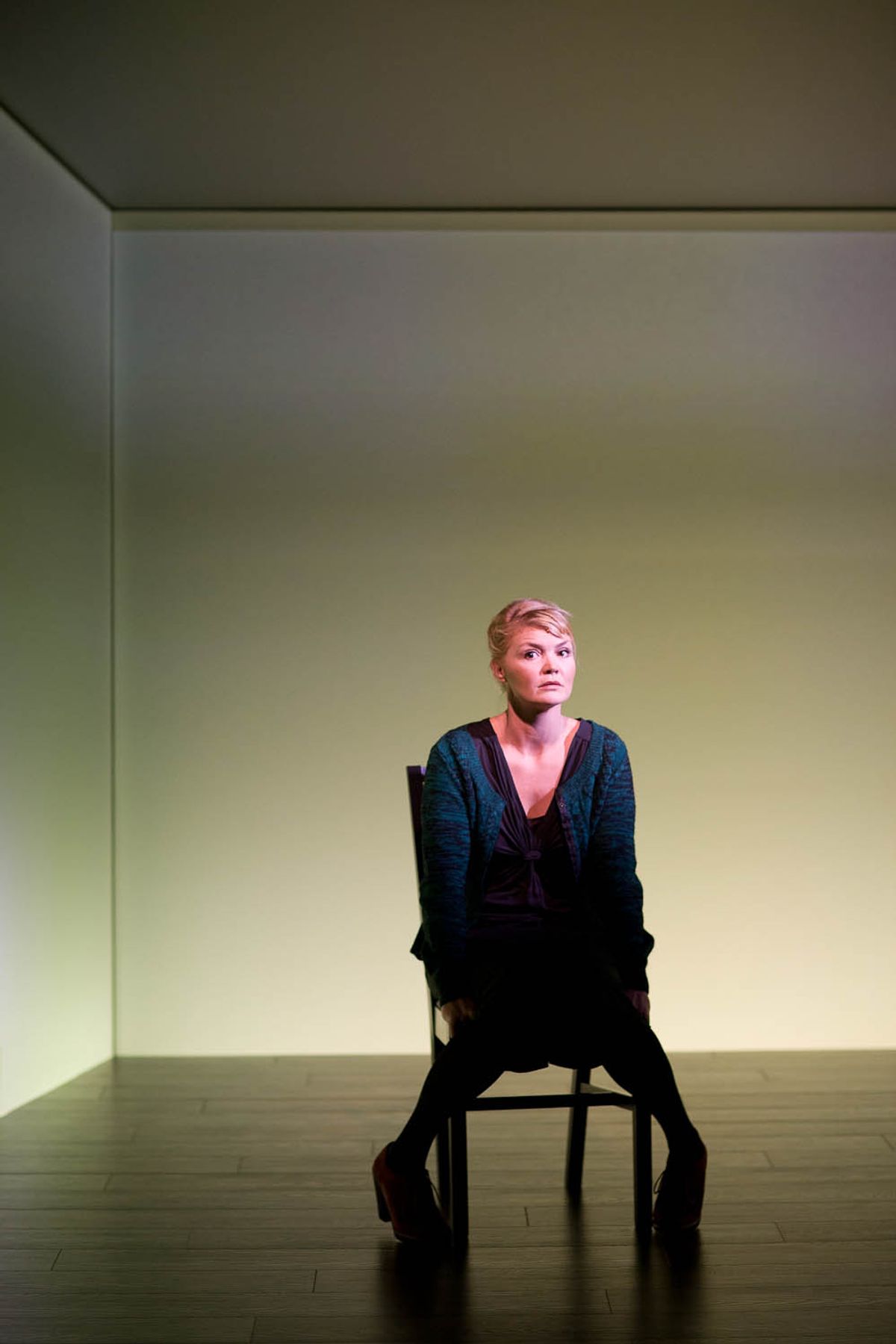
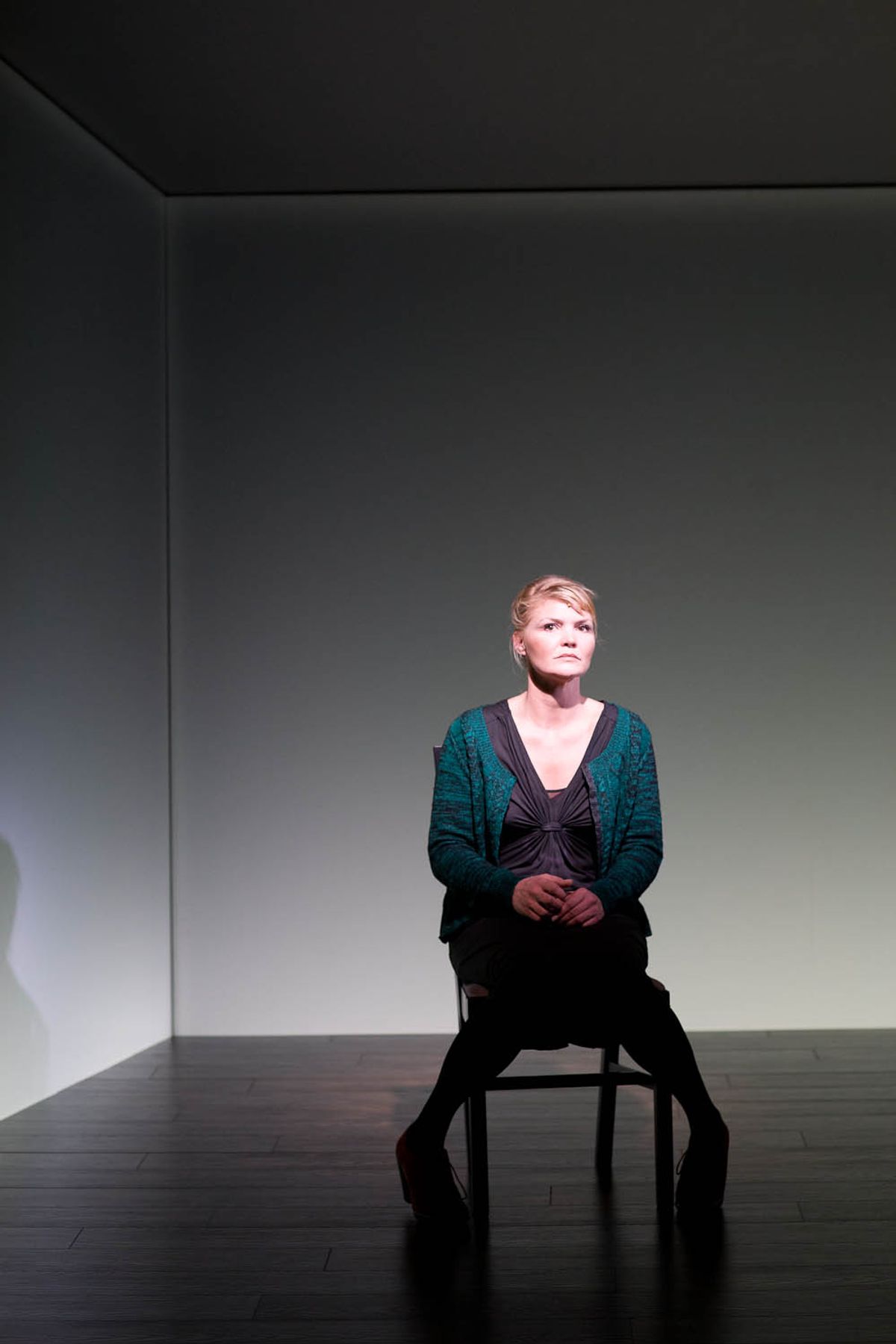
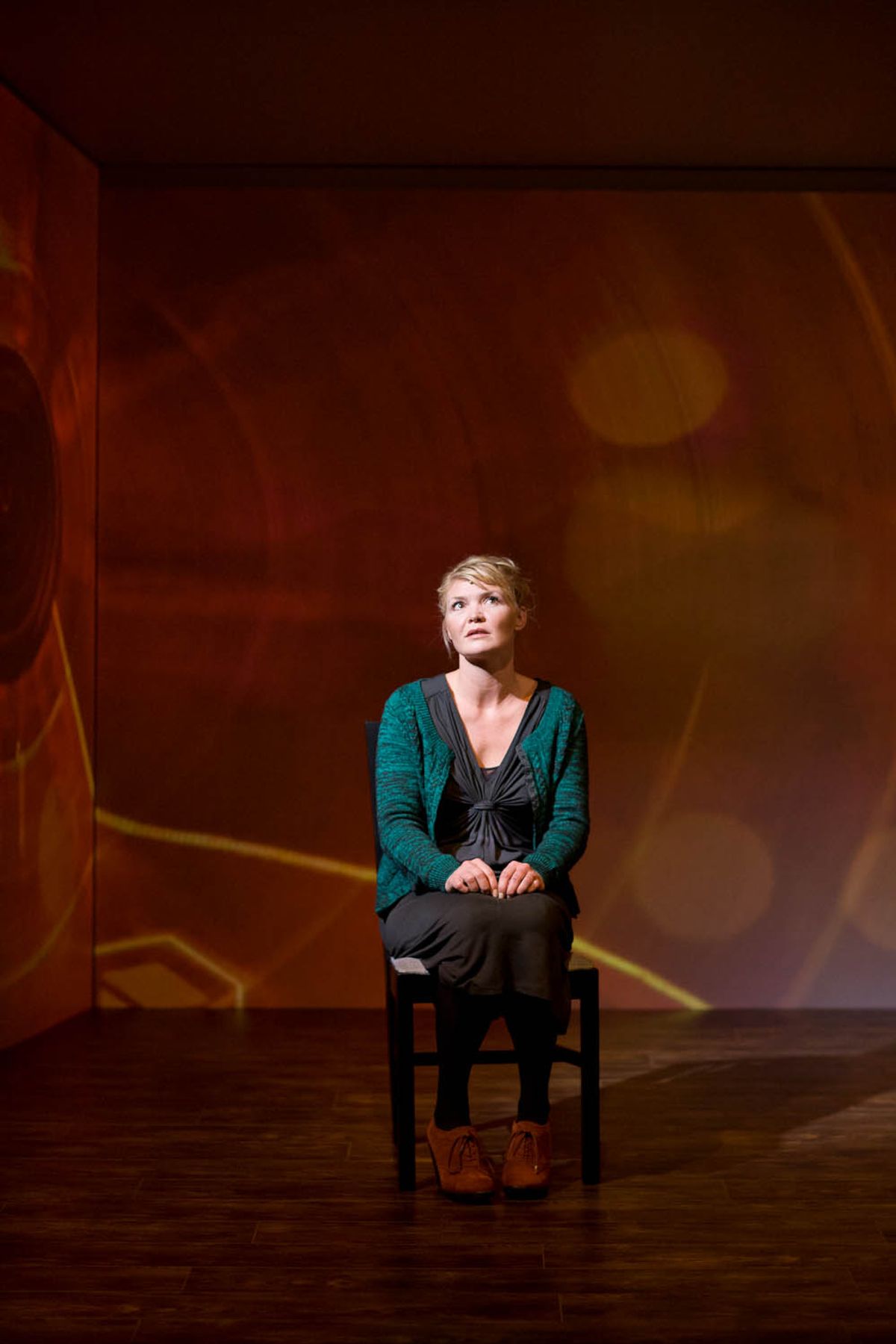
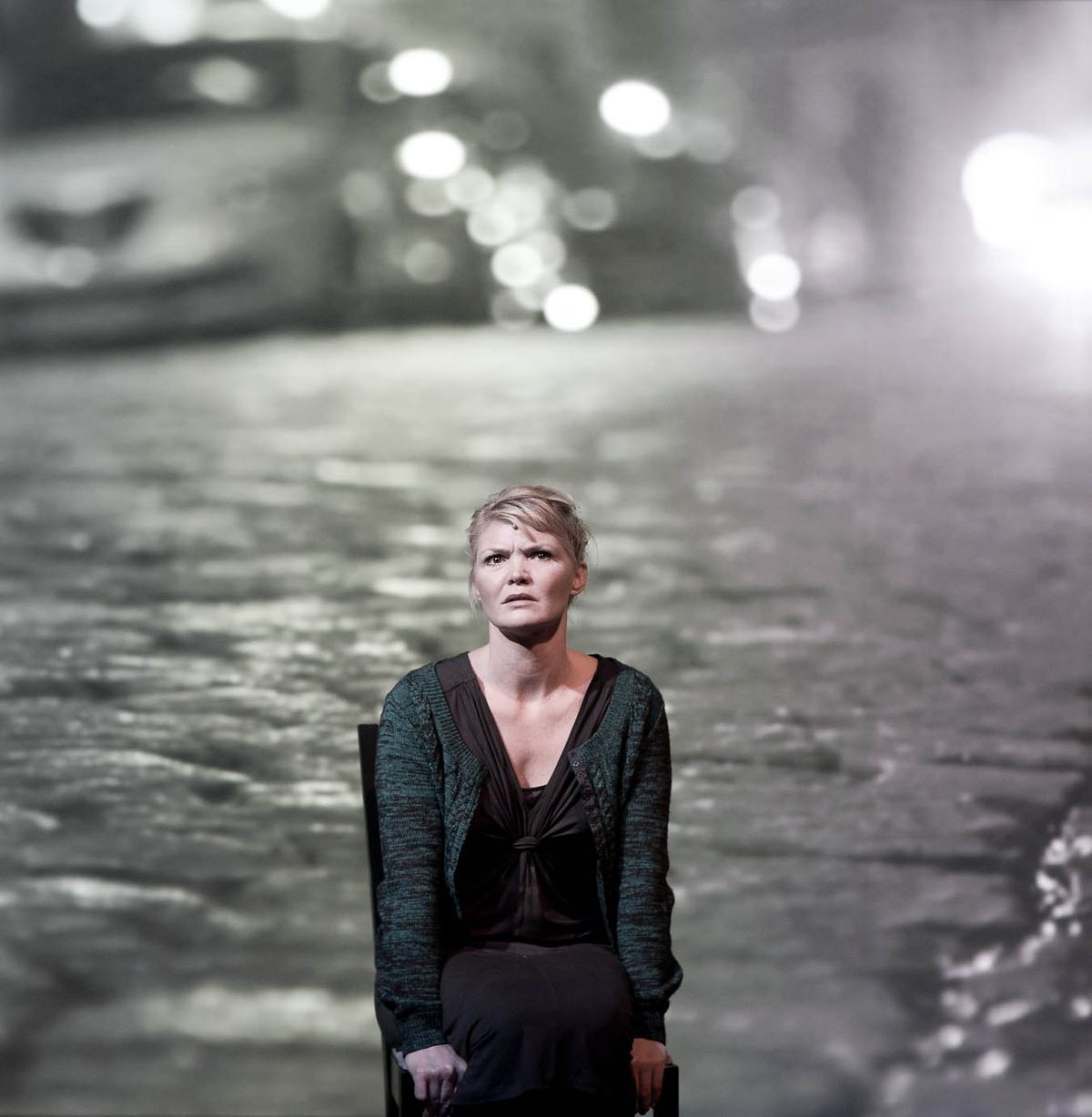
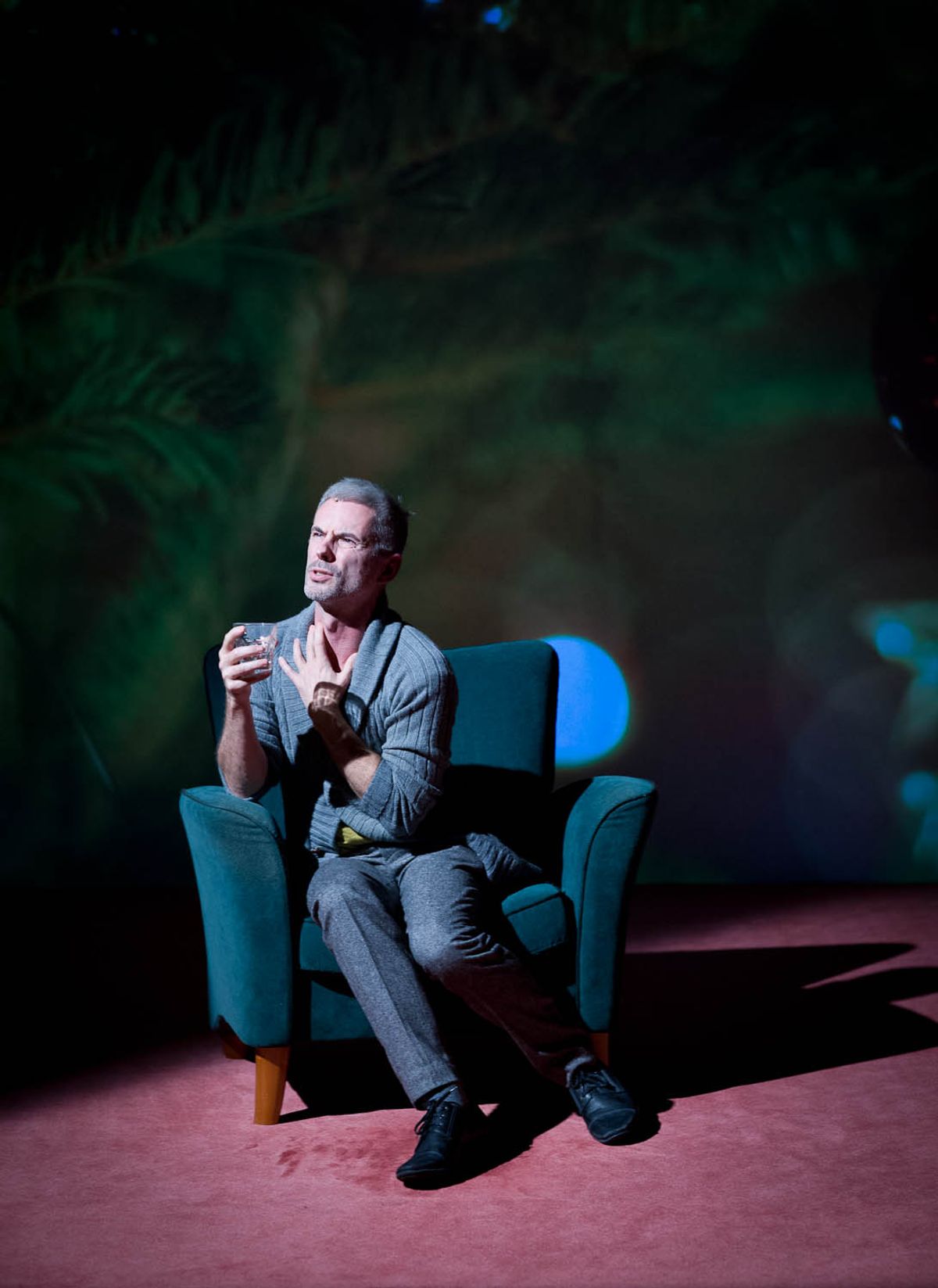
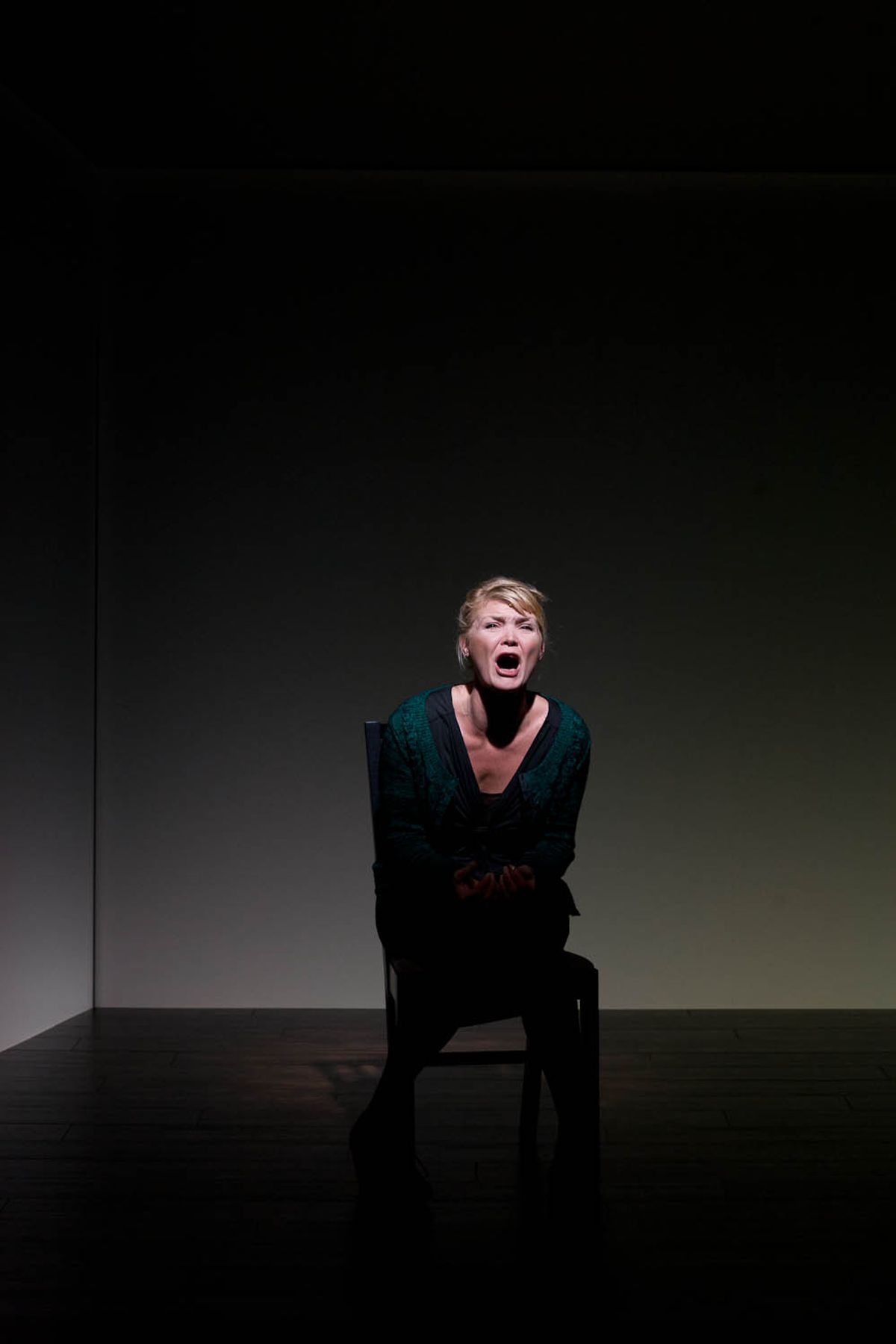
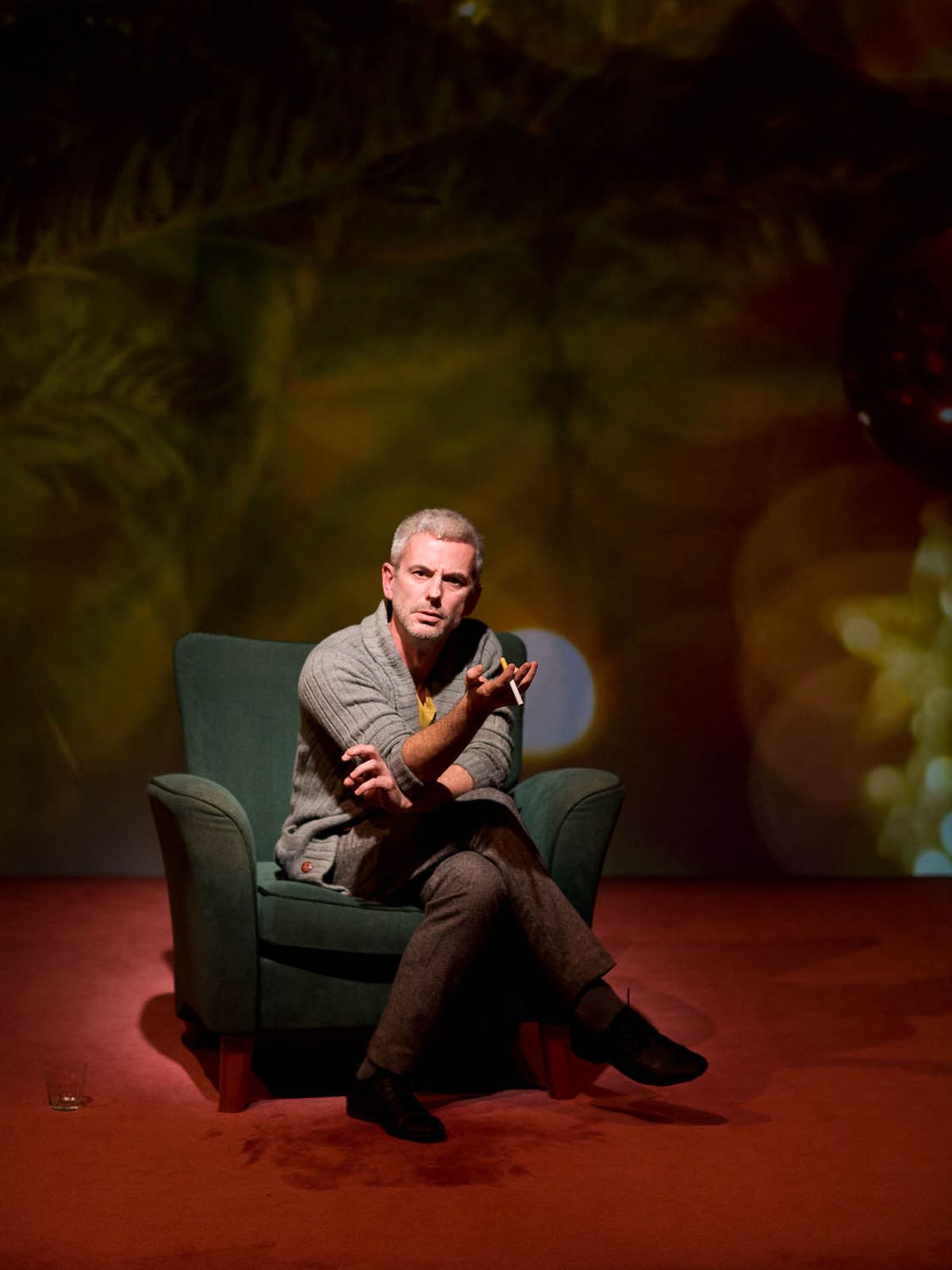
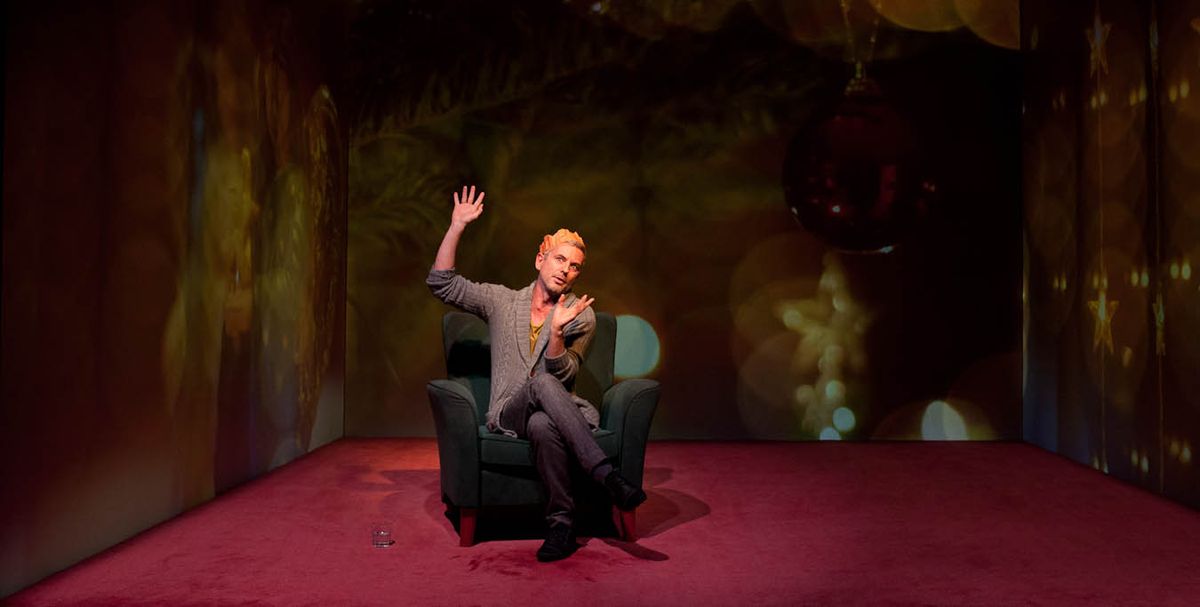
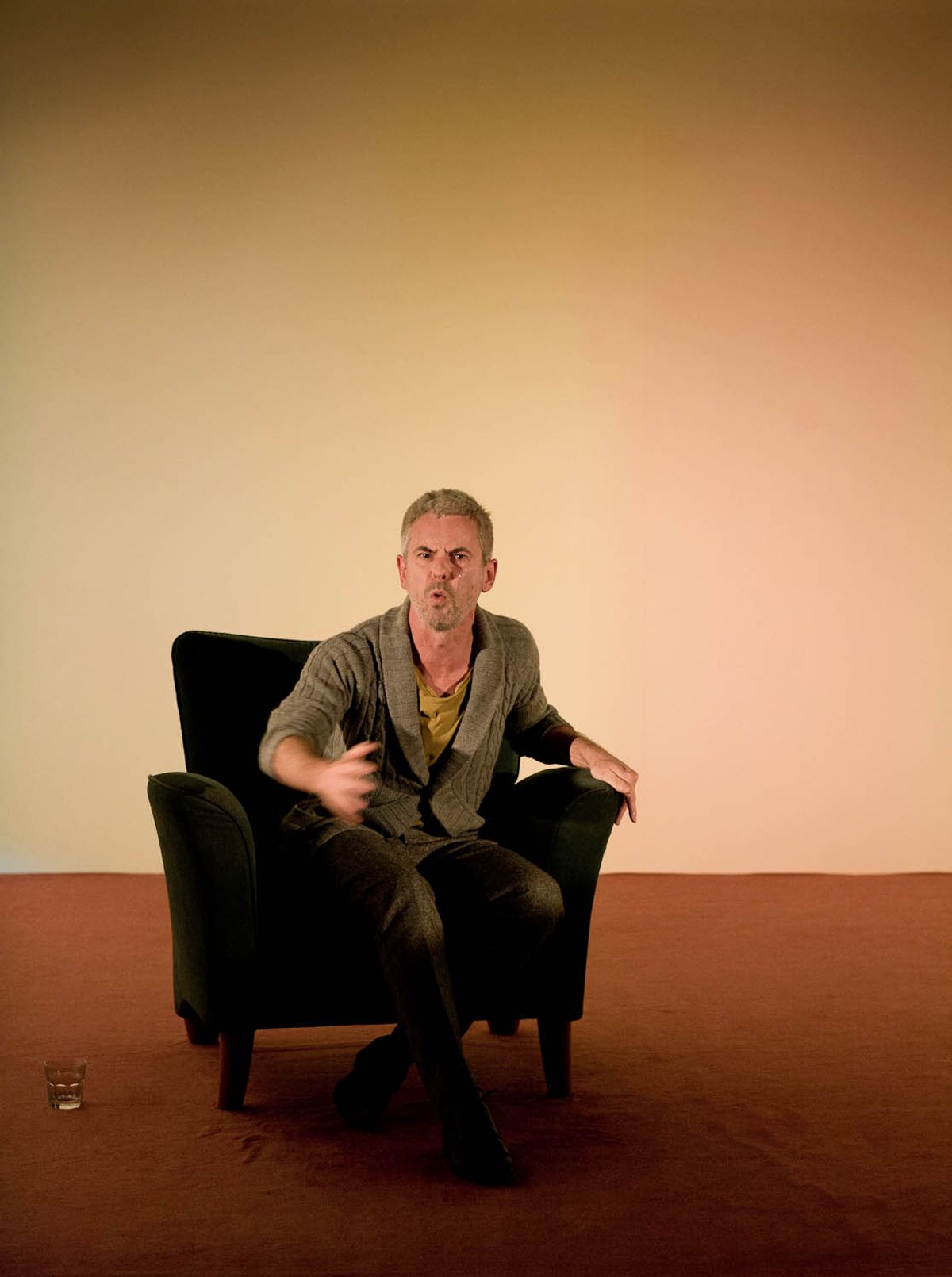
Andrew Wale and Alan Lucien Øyen — long-time collaborators with winter guests — have often spoken about creating a work drawn from conversations with their own parents. In Lilly & George, they confront their mothers and fathers with the decisions they made for themselves, and those they made on behalf of their children.
For Alan, there has always been something deeply moving about so-called “ordinary” lives — the middle-aged woman with heavy shopping bags at a bus stop, quietly making her way with few demands. Perhaps this has something to do with how he experienced his own mother’s life; but then, what of his mother’s mother, Lilly? Onstage, Alan’s sister Yvonne performs a monologue she herself has written, giving voice to their father’s story, marked by anxiety and unease.
Andrew’s memories of his grandfather George — a warm, tall, humorous man — are shadowed by the image of a small, frail body in a funeral chapel.
How much of Lilly & George is biographically authentic remains uncertain. Fiction depends on who is telling the story, and no story ever belongs to just one person. But, as always, the warp of love, life, and understanding is threaded through with resentment, loss, and incomprehension.
In trying to unravel the threads of their relatives’ stories, they do not expect to re-weave their own into some impossibly perfect tapestry. Instead, they search for the flaws — for the holes — knowing that one day, like everyone we have ever loved, we too will fall through them.
Videos
Lilly and Geroge trailer